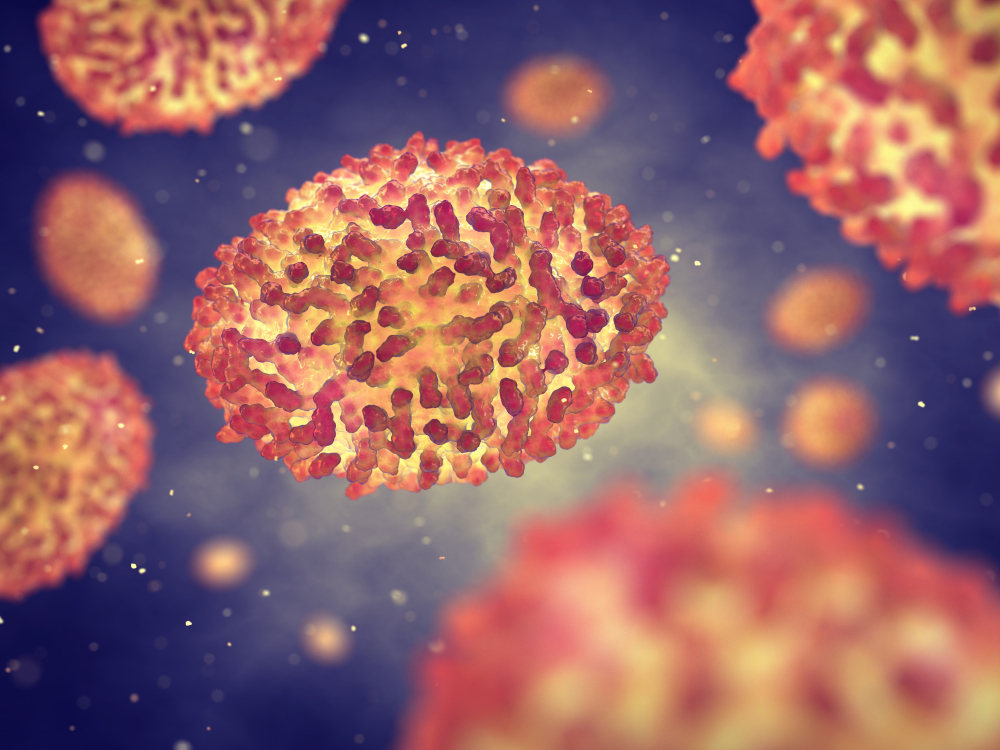Rabbit anti-vaccinia virus polyclonal Antibody
This antibody was raised using purified virions of vaccinia virus New York City Board of Health (NYCBOH) strain. This is reactive with the Lister & MVA strains of Vaccinia and Mpox
Does not crossreact with Parainfluenza (1-3), RSV, Adeno, Influenza A&B or HSV1
PRODUCT DETAILS –Rabbit anti-vaccinia virus polyclonal Antibody
- Buffered in PBS with 0.09% sodium azide
- Puirty 95%
BACKGROUND
Mpox is a zoonotic virus of the orthopoxvirus genus of the Poxviridae family, and is typically endemic in Central and West Africa. The main animal reservoir has not been conclusively determined but is considered to be rodents. (https://www.who.int/news-room/fact-sheets/detail/monkeypox) Animal to human and human to human transmission requires close contact with bodily fluids or respiratory secretions. (https://www.who.int/news-room/fact-sheets/detail/monkeypox)
In early May 2022 , a small number of Mpox cases were reported in the UK, Spain, and elsewhere in Europe; The identification of confirmed and suspected cases of Mpox with no direct travel links to an endemic area represented a highly unusual event. By early July 2022 almost 8,000 confirmed cases had been reported from 63 Member States in five World Health Organization (WHO) Regions.
Despite mild disease progression in most healthy individuals symptoms can be severe in immunocompromised patients, children, and pregnant women. Complications can include secondary infections, sepsis and blindness (https://www.who.int/news-room/fact-sheets/detail/monkeypox). The case fatality ratio of monkeypox has historically ranged from 0 to 11 % in the general population and has been higher among young children. In recent times, the case fatality ratio has been around 3–6% ( https://www.who.int/news-room/fact-sheets/detail/monkeypox). There are no therapeutics (WHO page https://www.who.int/news-room/fact-sheets/detail/monkeypox says smallpox antiviral agent is licensed – tecovirimat but isn’t widely available), and early detection of infection becomes crucial for containment.
Modified Vaccinia Ankara (MVA), manufactured as a smallpox vaccine, provides some protection against Mpox. Observational studies put the effectiveness at around 85%. However, cross-protective immunity from smallpox vaccination will be limited to older persons, since populations under the age of 40 or 50 years no longer benefit from the protection afforded by prior smallpox vaccination campaigns. A newer licensed vaccine from 2019 also offers protection but currently has limited availability. (https://www.who.int/news-room/fact-sheets/detail/monkeypox) Mpox has been under scrutiny due to waning immunity from the end of routine smallpox vaccination in the 1980s and the potential for it to become a more efficient human pathogen (https://www.ncbi.nlm.nih.gov/pmc/articles/PMC2567051/ )

